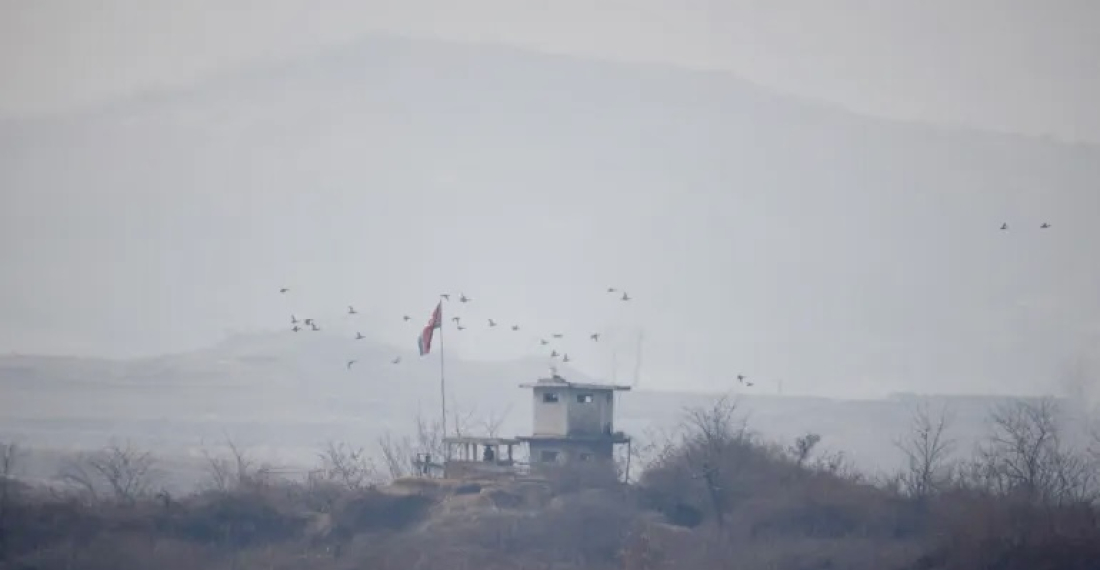An explosion has claimed the lives of several North Korean soldiers in the Demilitarised Zone (DMZ) between North and South Korea. An official said the incident appeared to be accidental.
On Tuesday morning (19 June), Yonhap, one of South Korea's largest news agencies, reported an explosion in the DMZ separating the neighbouring countries, citing Seoul's Joint Chiefs of Staff. Several North Korean soldiers were reportedly killed or injured. The zone is four kilometres wide and littered with landmines designed to deter enemy forces from raids that could disrupt the delicate decades-long standoff along the border.
"The North Korean army suffers multiple casualties due to a mine explosion during work," Seoul's Joint Chiefs of Staff said, without giving further details.
The news came shortly after reports that dozens of North Korean soldiers had briefly crossed the border into South Korea. They retreated after warning shots were fired by South Korean soldiers. The same thing happened two weeks ago.
The incidents are linked to increased construction activity on the northern side of the zone, where new walls and roads are being built. According to South Korea, hundreds of workers are involved in these activities.






